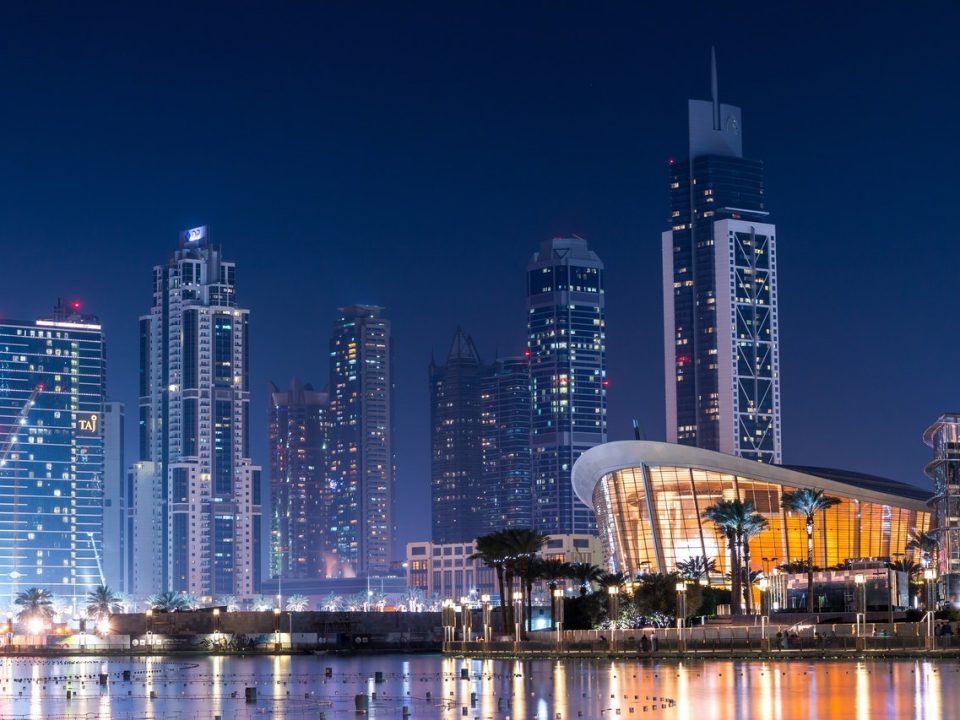Samir Salya discusses plan for two new islands in Dubai
13 June 2017
Samir Salya looks at new wellness venture in Dubai
22 June 2017

In the UK house prices have started falling for the first time since 2009. The reasons are many and varied, ranging from the fallout from the Brexit vote last June to the shock result of this month’s General Election.
Based on data collected by Rightmove just before the election, it’s clear that there has been modest growth in house prices in London. The average house price in the city is now £650,000, which makes prices higher than they’ve ever been.
Highest house price rise in Barnet
Barnet, an affluent north London borough, boasts the highest percentage rise (10 per cent) over the last 12 months, leading to an average asking price for a house at £738,000.
Although prices have risen across the board, Barnet is the only borough in London to have a percentage rise in double digits. London asking prices as a whole have risen at a much lower 0.9 per cent over the same time period.
Of course, these are prices set by sellers and there is no guarantee that they’ll reach such heights. It was previously thought by elections that the upcoming election and general weak pound caused by political uncertainty may put people off raising their asking prices. But there has been no sign of people shying away from asking more for their city houses.
People looking for cheaper areas
The cheapest borough in London is Barking and Dagenham, and interestingly this borough saw the second highest rise in asking price for houses at 5.8 per cent. Although the rise in prices is high, it has brought asking prices up to just £314,000 on average in this borough in east London. This is still less than half the capital’s average asking price overall.
As more people in London are increasingly looking for more space, better value and cheaper homes, they’re naturally looking for cheaper areas. So, it’s perhaps unsurprising that the 12 boroughs with average asking prices that come in under £500,000 have experienced a modest rise in house prices.
These 12 boroughs include Sutton and Croydon in the south, Newham, Havering and Bexley in the east, Enfield in north London and Hillingdon in west London. At the other end of the scale, the richest boroughs in London have been hit hardest.
Affluent boroughs see drop in average price
All six of the most affluent boroughs in London have shown falls in house prices, including Camden, the City of Westminster and Kensington & Chelsea, where the asking price averages more than one million pounds.
All in all, 33 per cent of London’s boroughs have seen a drop in average asking prices over the last 12 months. Merton, in south west London, has seen the biggest fall at 9.2 per cent, making houses there an average price of £713,285.
As Brexit negotiations are soon to begin, and the UK is under a minority government with a hung parliament, it will be interesting to see how house prices in London change over the next 12 months.
Samir Salya
Samir Salya is the Chairman of Reign Holdings and is involved in real estate and construction within the UAE and UK. Samir holds over 20 years of experience in executive management, business expansion, performance improvement, sales and marketing.
Related posts

Copyrights © 2020 Reign Holdings. All Rights Reserved.

